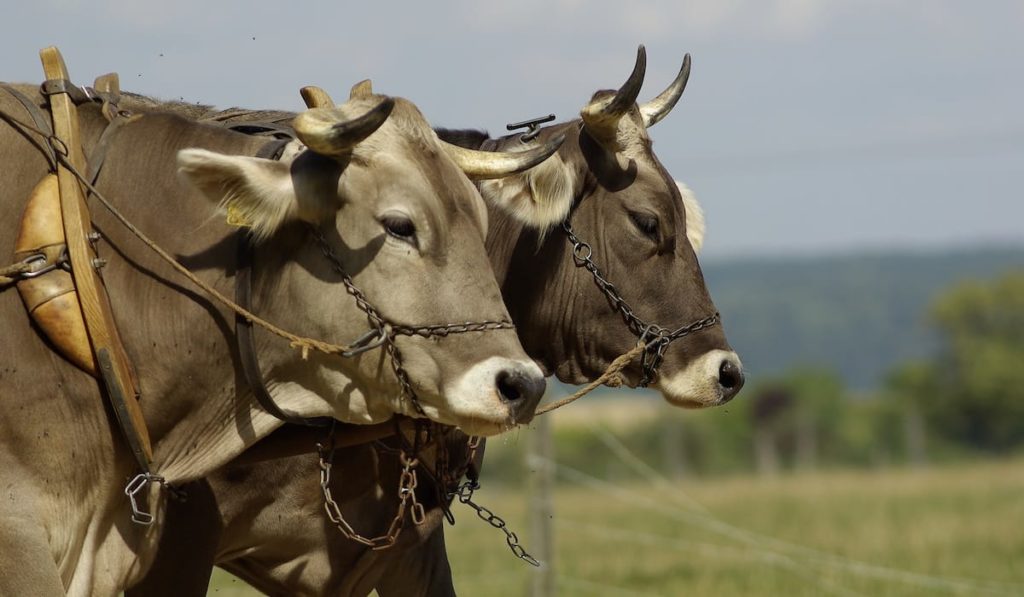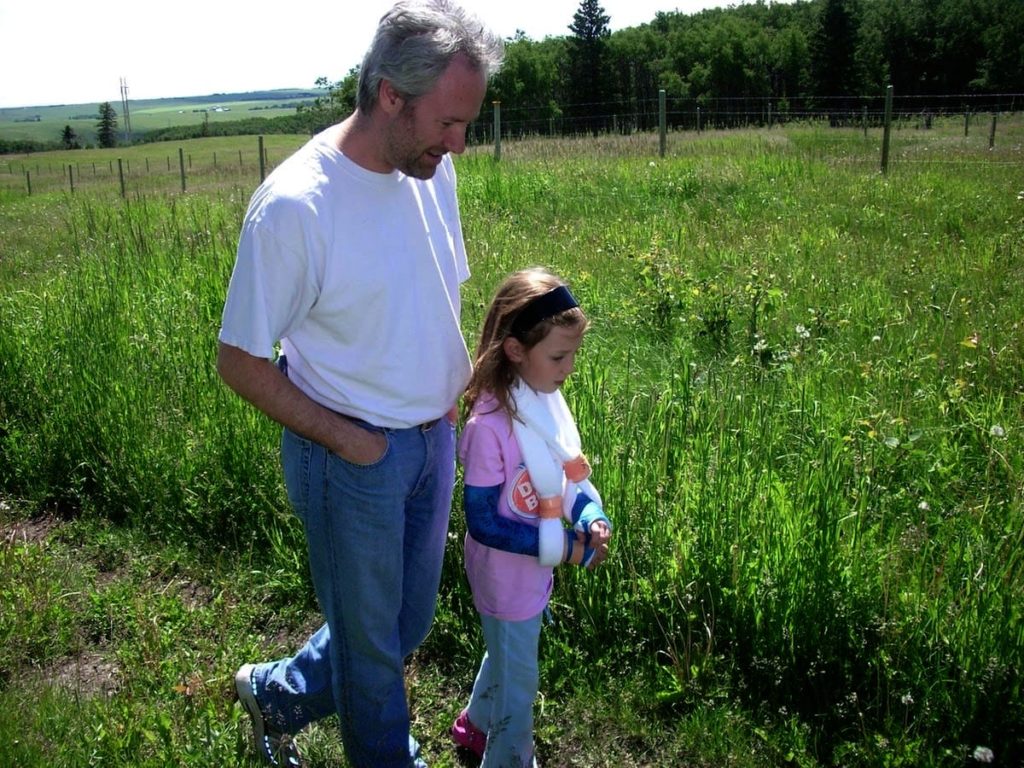Are You Kicking a Goad vs. “Being With”?

My father had Crohn’s disease all his adult life, a gastrointestinal problem that would occasionally hospitalize him. In later years when this would happen I would visit him and sit with him by his hospital bed.
He was generally on quite a bit of pain medication or maybe even post-surgery and so he would fade in and out of consciousness, sometimes in the middle of a sentence.
The conversations could be interesting, but mostly incomplete. I’d just let him doze and then when he’d wake up he’d ask me, with a sheepish smile, what he was saying and possibly pick it up where we left off.
I wasn’t busy “helping” him by getting more water (though that could happen), or arranging his blankets, (though that could happen), or any other task.
No, my gift was simply to be with him.
I’m a task-oriented kind of person, so I often err on the side of doing things for others, so this was a rare exception for me.
And it taught me something important.
In Acts 26:14 Paul is talking about his conversion experience. You know, the dramatic one where God blinds him on the road to Damascus because he’s persecuting and killing the new Christians.
Paul reveals something in this speech that wasn’t revealed earlier when the story was told. He says that Jesus said to him:
“It is hard for you to kick against the goads.”
This is a funny phrase that means little to us today. I had to look it up… It refers to how a plowman would drive oxen with a spear-like stick. A iron point on the end could be used to encourage the ox to move forward. But sometimes the ox would kick back, a reflexive action to a poke from a stick.
But kicking hard at a sharp stick will only result in more pain. Not because of the initial poking, but due to the stubborn, hard, back-kick driving the hoof into the point.
Interestingly, this little proverb or illustration is so foreign to us that in newer translations it’s totally reworked into something else that conveys the meaning without the picture:
“It is useless for you to fight against my will.”
Why do I bring these two seemingly unrelated stories together? Because at their heart they are exactly the same.
Sitting with my father in the hospital room I could do so many other things.
– I could busy myself with tasks, making him more comfortable, “serving” him
– I could worry about whether or not he was recovering quickly enough
– I could think about why this has happened, yet again
– I could think about all the other things I had to do instead, and resent sitting there doing nothing while he slept
– I could discuss his situation with the nursing staff or doctors
So many options, that in other circumstances I may have done, in fact, have definitely done.
But all that stuff is kicking against the goad. It is fighting against what is.
This is a clear insight that I’m attempting to rediscover every day right now.
What is, is what is. I can rally against it, I can complain, I can ignore it by keeping busy, or I can trust God.
Is he not in charge? Is he not sovereign? My Bible tells me that he is.
And I learned a lesson being with my father on those occasions. “Being with” what is, instead of “kicking against” what is, is a beautiful place to be. It is completely stress free, happy, and content.
When I remember those hospital visits I remember them fondly. I don’t recall the stress or the uncertainties or the fear of the unknown. That was all present, no doubt, but instead I was just with, I was at peace, and I’m certain that my father was better off because of it.
More often than not I grumble in my heart about my circumstances, but God says “why are you kicking against the goad? I’m in charge and I’ve brought you to this moment, these circumstances, this place and time, on purpose.”
“Trust me.”
“Stop fighting me.”
What is, is what is, because in the end God is supreme. Things have not gotten away from him!
Is that hard to accept? Of course! But here’s what happens when we don’t accept it: we only hurt ourselves kicking against the goad. It’s not the goad’s fault, but rather ours for the knee-jerk reaction that drives the hoof into the metal point.
I’m developing a series of lessons on forgiveness, based on some serious events in my life and having to deal with them. God has said to me, “stop kicking” and I’ve had to learn some difficult lessons in the process.
If that sounds like you, if there’s circumstances or people in your life that bring up resentment and anger when you them about them, this might be for you too.
I’m reaching for total freedom when it comes to these types of horrible circumstances. I’m not happy with partial band-aids here. I will not settle for anything less than the abundant life Jesus said was available.






I’m not a fucking ox, and I won’t be treated like one by God or anybody else. No one should even treat the poor oxen that way, enslaving the animal against its will. Inhumane practice, stupid metaphor, big fail for Luke as an author.
Hey James, sorry you feel that way. It’s meaningful to me, and many other people I’d say.